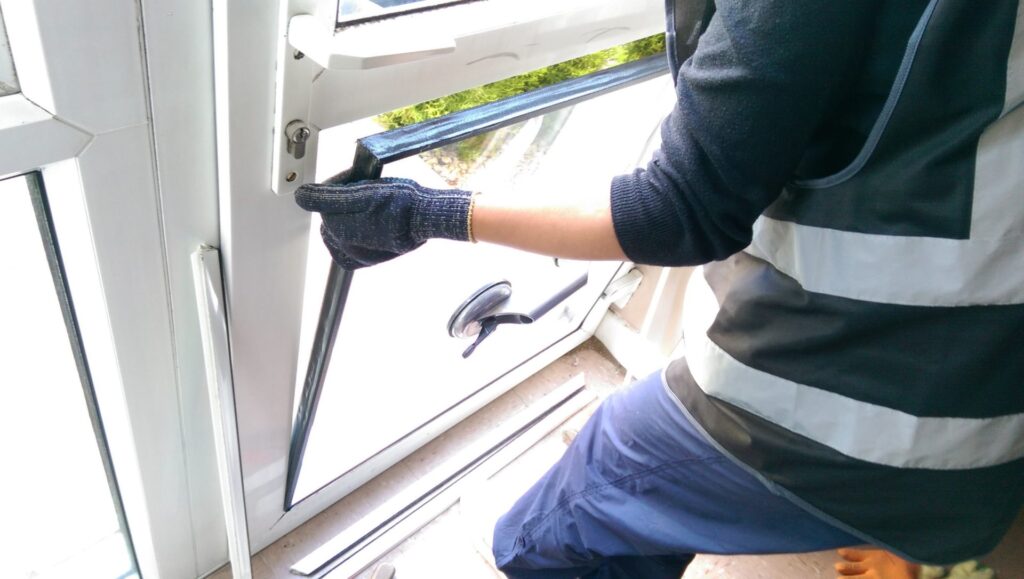An Easy-To-Follow Guide To Residential Glass Repair
Residential Glass Repair: Understanding the Process, Benefits, and FAQs
Glass is a basic element of numerous residential structures, providing both visual appeal and practical benefits. From doors and windows to shower enclosures and mirrors, glass elements can enhance the beauty of a home. Nevertheless, like any material, glass is prone to harm from accidents or natural wear and tear. This post explores the different aspects of residential glass repair, including common kinds of damage, repair procedures, benefits, and frequently asked questions.
Typical Types of Glass Damage
Residential glass can suffer from numerous types of damage that might require repair or replacement. Here are some typical issues homeowners encounter:
Type of Damage
Description
Cracks
Visible cracks that can jeopardize structural integrity and security.
Chips
Little damages that typically take place on the edges of glass panes.
Shattered Glass
Complete breakage of the glass, rendering it unusable and posturing security threats.
Fogged or Cloudy Glass
Collected wetness between glass panes causes a cloudy look.
Scratches
Surface imperfections that can diminish clarity, particularly on windows.
Understanding these typical kinds of damage can assist homeowners identify the requirement for repair and take timely action.
The Glass Repair Process
The procedure of residential glass repair differs depending on the kind of damage and the particular glass element included. Here's a general overview of how the repair procedure typically unfolds:
1. Evaluation
An experienced technician assesses the damage, figuring out whether repair or replacement is the very best option. This assessment may include examining the extent of fractures, chips, or other problems.
2. Measurement
If a replacement is necessary, accurate measurements of the existing glass are taken to ensure an appropriate fit.
3. Glass Selection
Depending upon the type of glass being fixed or replaced (single-pane, double-pane, tempered, and so on), the technician will source the proper products.
4. Preparation
The area around the broken glass is prepared. This involves removing broken fragments and cleaning up the surrounding frame.
5. Repair/Replacement
- For minor chips and cracks: A resin is injected into the damaged location, cured with UV light, and polished to bring back clearness.
- For shattered glass: The harmed pane is removed and replaced with brand-new glass, making sure a safe and secure fit.
6. Clean-Up
After the repair or replacement is total, the technician will clean the location, making sure no debris is left.
7. Final Inspection
Finally, an extensive inspection is conducted to validate the stability and functionality of the fixed or replaced glass.
Advantages of Professional Glass Repair
Selecting professional glass repair services offers several advantages for property owners, including:
- Safety: Trained experts follow safety procedures to ensure that the repair or replacement process does not posture any risks.
- Quality: Professionals use high-grade products and possess the expertise to make sure lasting repairs.
- Time Efficiency: Experienced professionals can complete repairs quickly, decreasing disruption to the home.
- Cost-Effectiveness: Addressing small damages quickly can prevent more comprehensive and expensive repairs in the future.
- Increased Property Value: Maintaining the integrity of glass components can enhance the overall aesthetic appeal, favorably impacting home value.
Often Asked Questions (FAQs)
1. How do I know if my glass can be fixed or needs replacement?
A professional evaluation is the best method to identify this. Small fractures and chips can typically be repaired, while substantial damage or shattered glass may require replacement.
2. What should I do if my window glass is fogging up?
Misting generally suggests a broken seal in double-pane windows. Speak with a glass repair professional for an assessment and possible replacement.
3. Can repairmywindowsanddoors.co.uk repair small glass chips myself?
DIY repairs can be efficient for little chips, however for the best results and to make sure security, it is recommended to consult a professional.
4. The length of time does the typical glass repair take?
The timeline can vary based on the degree of the damage and the type of glass, but most repairs are finished within a couple of hours.
5. Will my house owners insurance cover glass repair or replacement?
Protection varies by policy. It's suggested to check with your insurance supplier to comprehend your specific coverage.
6. What is the expense of residential glass repair?
The expense depends upon numerous aspects, including the type of glass, level of the damage, and whether repair or replacement is necessary. Property owners should get multiple quotes to compare prices.
Residential glass repair is a necessary service that guarantees the security, performance, and visual appeal of a home. By comprehending the types of damages, the repair procedure, and the benefits of professional intervention, homeowners can make informed choices when confronted with glass concerns. Always consider seeking advice from a certified technician to examine any glass-related damage in your house, preserving both security and design in your living areas.
